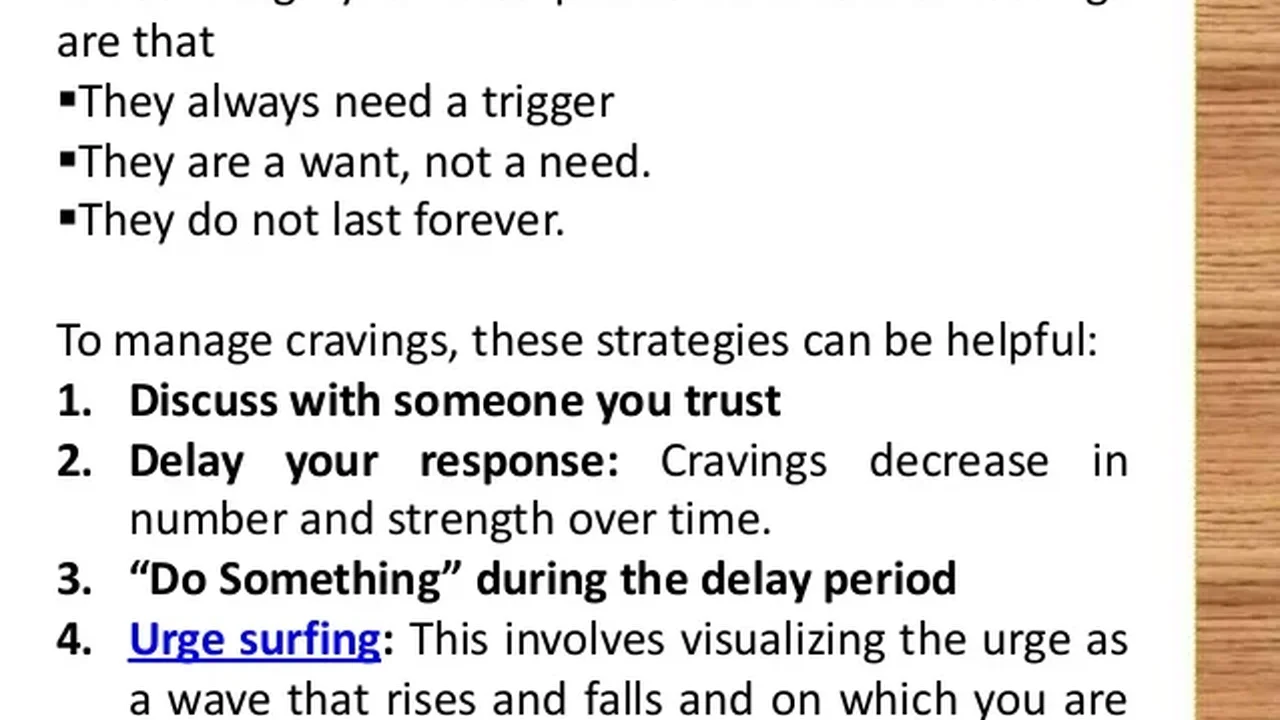How to Prevent the Flu: Tips for Staying Healthy
Sample meta description.

Understanding the Flu and Its Transmission Key Information
Alright, let's talk flu. We all know it, we all hate it. But what exactly is it? The flu, or influenza, is a contagious respiratory illness caused by influenza viruses. It can infect the nose, throat, and lungs. It's not just a bad cold; the flu can knock you out for days, sometimes even weeks. Understanding how it spreads is the first step in preventing it. Flu viruses are primarily spread through tiny droplets made when people with the flu cough, sneeze, or talk. These droplets can land in the mouths or noses of people who are nearby or possibly be inhaled into the lungs. Less often, a person might get the flu by touching a surface or object that has flu virus on it and then touching their own mouth, nose, or eyes. Think doorknobs, keyboards, phones – all potential breeding grounds for these little buggers. That's why washing your hands religiously is so important.
Vaccination Your Best Defense Against Influenza
Without a doubt, the single best way to prevent the flu is to get vaccinated each year. The flu vaccine protects against the influenza viruses that research indicates will be most common during the upcoming season. It's like giving your immune system a sneak peek at the enemy so it can build up its defenses. The Centers for Disease Control and Prevention (CDC) recommends that everyone 6 months and older get a flu vaccine every year, with rare exceptions. Don't fall for the myths! The flu vaccine cannot give you the flu. The most common side effects are mild, like soreness, redness, or swelling where the shot was given, and maybe a low-grade fever or aches. These are signs your body is building immunity. Talk to your doctor or pharmacist about getting your flu shot. It's a simple, effective way to protect yourself and those around you.
Boosting Your Immune System Natural Flu Prevention Methods
Okay, so you've gotten your flu shot – great! But that's not the only thing you can do to stay healthy. A strong immune system is your body's natural defense against all kinds of illnesses, including the flu. So, how do you boost it? First, get enough sleep. Aim for 7-8 hours of quality sleep each night. When you're sleep-deprived, your immune system suffers. Second, eat a healthy diet. Load up on fruits, vegetables, and whole grains. These foods are packed with vitamins, minerals, and antioxidants that support immune function. Think oranges (vitamin C!), spinach (vitamin A!), and yogurt (probiotics!). Third, manage stress. Chronic stress can weaken your immune system. Find healthy ways to cope with stress, such as exercise, meditation, or spending time in nature. Fourth, get regular exercise. Physical activity can help improve your immune function. Aim for at least 30 minutes of moderate-intensity exercise most days of the week. Finally, consider taking supplements. Vitamin D, zinc, and elderberry extract have all been shown to have immune-boosting properties. But talk to your doctor before starting any new supplements.
Hand Hygiene A Crucial Step in Flu Prevention
We touched on this earlier, but it's worth repeating: wash your hands! It's one of the simplest, most effective ways to prevent the spread of germs, including the flu virus. Wash your hands frequently with soap and water for at least 20 seconds. That's about the time it takes to sing "Happy Birthday" twice. Pay attention to washing between your fingers, under your nails, and the backs of your hands. If soap and water aren't available, use an alcohol-based hand sanitizer that contains at least 60% alcohol. Rub the sanitizer all over your hands until they are dry. Wash your hands especially after coughing or sneezing, after being in public places, and before eating.
Specific Product Recommendations for Flu Prevention and Management
Alright, let's get down to specifics. Besides the flu shot, what products can help you stay healthy and manage flu symptoms if you do get sick? Here are a few recommendations, with comparisons and pricing:
Hand Sanitizers: Germ Protection On-the-Go
Purell Advanced Hand Sanitizer: This is a classic for a reason. It's effective at killing germs, dries quickly, and doesn't leave a sticky residue. Available in various sizes, from travel-sized bottles to larger pump bottles for home or office use. Usage: Use after touching public surfaces, before eating, and after coughing or sneezing. Price: A 1-ounce travel-sized bottle typically costs around $2-3. A larger 8-ounce bottle costs around $5-7. Comparison: Compared to generic hand sanitizers, Purell often has a higher alcohol content (around 70%), making it more effective. It also contains moisturizers to prevent dryness.
Germ-X Hand Sanitizer: Another popular option, Germ-X is similar to Purell in terms of effectiveness and availability. It also contains moisturizers. Usage: Same as Purell. Price: Similar to Purell, around $2-3 for a travel-sized bottle and $5-7 for a larger bottle. Comparison: Some people prefer the scent of Germ-X over Purell. It's really a matter of personal preference.
Air Purifiers: Cleaning the Air You Breathe to Prevent Flu
Levoit Air Purifier: This is a popular choice for home use. It features a HEPA filter that removes dust, pollen, pet dander, and other allergens from the air. Some models also include a UV-C light that can kill viruses and bacteria. Usage: Place in your bedroom, living room, or office to help improve air quality. Price: Prices range from $80 to $200, depending on the size and features. Comparison: Compared to cheaper air purifiers, Levoit models often have more powerful filters and quieter operation. They also have features like auto mode, which adjusts the fan speed based on air quality.
Coway Airmega 200M Air Purifier: Another excellent option for larger rooms. It features a multi-stage filtration system, including a HEPA filter and an activated carbon filter. Usage: Same as Levoit. Price: Around $230. Comparison: The Coway Airmega is known for its excellent filtration and smart features, such as a pollution sensor that automatically adjusts the fan speed.
Vitamin Supplements: Immune Support for Flu Prevention
Vitamin D3 Supplements: Vitamin D plays a crucial role in immune function. Many people are deficient in vitamin D, especially during the winter months. Taking a vitamin D3 supplement can help boost your immune system. Usage: Take daily with food. Consult your doctor to determine the appropriate dosage. Price: A bottle of 100 capsules (2000 IU) typically costs around $10-15. Comparison: Look for vitamin D3 supplements that are third-party tested for purity and potency.
Zinc Lozenges: Zinc is another essential mineral for immune function. Zinc lozenges can help shorten the duration of cold and flu symptoms. Usage: Take as directed on the label when you start to feel sick. Price: A bag of zinc lozenges typically costs around $8-12. Comparison: Look for zinc lozenges that contain zinc acetate, which has been shown to be more effective than other forms of zinc.
Over-the-Counter Medications: Symptom Relief During Flu Season
Tylenol (Acetaminophen): For fever and body aches. Follow dosage instructions carefully. Usage: As needed for pain and fever. Price: Around $8-10 for a bottle of 100 tablets. Comparison: Compared to ibuprofen (Advil, Motrin), Tylenol is less likely to cause stomach upset, but it's important to be aware of the potential for liver damage if taken in excess.
Mucinex (Guaifenesin): For loosening mucus and relieving congestion. Usage: As directed on the label. Price: Around $12-15 for a box of 20 tablets. Comparison: Mucinex helps to thin mucus, making it easier to cough up. Decongestants like Sudafed can also help with congestion, but they can raise blood pressure and may not be suitable for everyone.
Stay Home When Sick Protect Others From the Flu
If you do get the flu, the best thing you can do is stay home and rest. This will not only help you recover faster but also prevent you from spreading the virus to others. Avoid close contact with people who are sick. Cover your mouth and nose with a tissue when you cough or sneeze, and then throw the tissue in the trash. If you don't have a tissue, cough or sneeze into your elbow, not your hands. And please, for the love of all that is holy, don't go to work or school when you're sick! You're doing everyone a favor by staying home.
Other Important Tips for Preventing the Flu
Beyond the big ones, here are a few more things you can do to reduce your risk of getting the flu:
- Avoid touching your face: Your hands come into contact with countless germs throughout the day. Avoid touching your eyes, nose, and mouth, as this is how germs can enter your body.
- Clean and disinfect surfaces: Regularly clean and disinfect frequently touched surfaces, such as doorknobs, countertops, and phones.
- Stay hydrated: Drink plenty of fluids to help keep your respiratory system moist and prevent dehydration.
- Avoid crowded places: During flu season, try to avoid crowded places where you're more likely to come into contact with people who are sick.
When to See a Doctor Flu Symptoms and Complications
Most people who get the flu recover on their own within a week or two. However, some people are at higher risk of developing complications, such as pneumonia, bronchitis, or sinus infections. If you experience any of the following symptoms, see a doctor right away:
- Difficulty breathing
- Chest pain
- Persistent dizziness
- Seizures
- Worsening of underlying medical conditions
Also, if you are pregnant, have a chronic medical condition, or are over the age of 65, you should see a doctor if you get the flu.
:max_bytes(150000):strip_icc()/277019-baked-pork-chops-with-cream-of-mushroom-soup-DDMFS-beauty-4x3-BG-7505-5762b731cf30447d9cbbbbbf387beafa.jpg)






